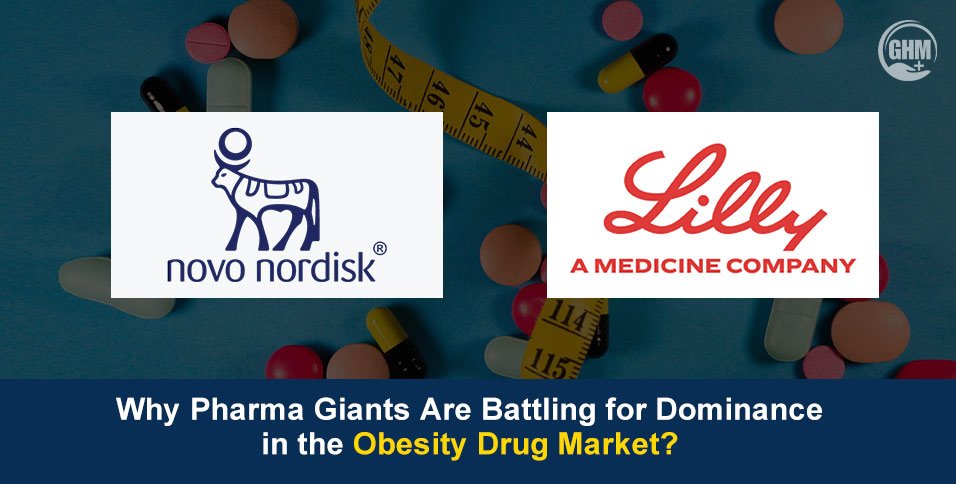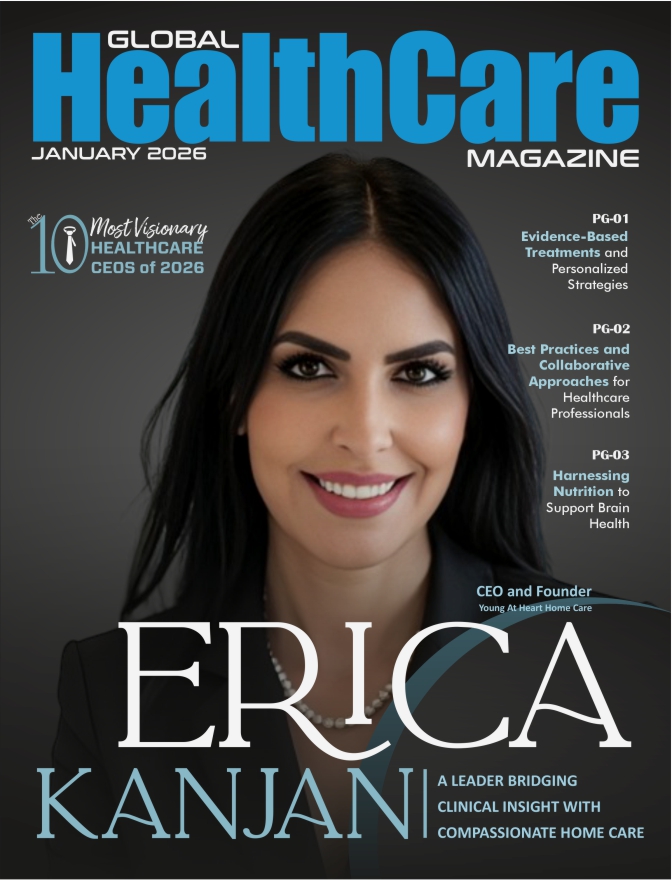Novo Nordisk, the maker of the popular weight loss drug Wegovy, recently announced it will lay off about 9,000 employees, signaling the challenges it faces amid intense competition from rival Eli Lilly, which has made significant gains with its drug Zepbound. The global obesity drug market is witnessing a fierce battle as pharmaceutical giants compete to capture a rapidly expanding industry.
This shake-up highlights the high stakes involved in the booming market for weight loss drugs, driven by rising obesity rates worldwide and increasing consumer demand for medical solutions to manage weight.
The Growing Demand for Obesity Treatments
According to the World Health Organization (WHO), over 1 billion people worldwide are classified as obese, with numbers expected to rise further by 2030. This surge has fueled a demand for safe and effective weight loss treatments.
Weight loss medications like Novo Nordisk’s Wegovy (semaglutide) and Eli Lilly’s Zepbound (tirzepatide) have become game changers, offering patients an alternative to traditional methods like diet and exercise.
The demand is so high that supply shortages have become common, driving companies to ramp up production. Analysts project the global obesity drug market could surpass $100 billion annually by 2030, making it one of the most lucrative segments in the pharmaceutical industry.
Novo Nordisk’s Layoffs: A Sign of Market Pressure
Despite its early success with Wegovy, Novo Nordisk is now facing unprecedented challenges. The Danish pharmaceutical company announced that it will cut 9,000 jobs, roughly 8% of its workforce, to streamline operations and stay competitive.
The layoffs come at a time when Eli Lilly has been rapidly expanding its presence with Zepbound, which some studies suggest may offer slightly better weight loss outcomes than Wegovy.
“Our markets are evolving, particularly in obesity, as it has become more competitive and consumer-driven. Our company must evolve as well,” Novo Nordisk said in a public statement.
Industry experts view this move as a strategy to reallocate resources toward innovation and marketing, ensuring the company can maintain its foothold in the obesity drug market.
Wegovy VS Zepbound
The competition between Wegovy and Zepbound is reminiscent of a pharmaceutical arms race.
- Wegovy (Novo Nordisk): Approved by the FDA in 2021, it became one of the first widely available prescription weight loss drugs to show significant, sustainable results.
- Zepbound (Eli Lilly): Entered the market later but quickly gained traction due to its promising clinical trial data, with some patients experiencing greater weight loss compared to Wegovy.
Consumers and doctors are closely watching these two drugs, which have quickly become household names. While Wegovy was the pioneer, Eli Lilly’s aggressive pricing and marketing strategy have shifted market dynamics.
High Stakes In Obesity Drug Market
The obesity drug market represents a unique opportunity for pharmaceutical companies. Obesity is linked to serious health conditions, including diabetes, heart disease, and certain cancers. This makes weight loss not just a cosmetic concern, but a public health priority.
1. Rising Global Health Costs
Obesity-related illnesses account for billions in healthcare spending annually. Governments and insurance companies are willing to support effective treatments that could reduce long-term costs.
2. Consumer Willingness to Pay
Many individuals are prepared to pay out of pocket for these drugs, especially in regions where insurance coverage is limited.
3. Limited Players
With only a handful of approved weight loss medications, the market is less saturated, allowing early leaders to capture substantial profits.
Potential Impact on Patients
For patients, this rivalry could bring both challenges and benefits.
- Benefits: Increased competition may lead to lower prices, better availability, and new drug innovations.
- Challenges: Supply shortages and uncertainty about insurance coverage remain pressing concerns.
Future of the Obesity Drug Market
The current battle between Novo Nordisk and Eli Lilly is just the beginning. Other pharmaceutical companies are expected to launch their own treatments in the coming years, bringing fresh innovation to the field.
Novo Nordisk’s restructuring signals its intention to stay competitive, while Eli Lilly continues to expand production and marketing for Zepbound.
Analysts believe the next phase of the obesity drug market will focus on combination therapies, personalized treatments, and expanding access in developing countries.
Conclusion
The clash between Novo Nordisk and Eli Lilly underscores the massive growth potential of the obesity drug market. With over a billion people affected by obesity worldwide, the demand for effective treatments will only rise.
While patients may benefit from innovation and expanded access, the competition will likely remain fierce. For now, the fight between Wegovy and Zepbound is setting the stage for what could become one of the most transformative periods in modern healthcare.













